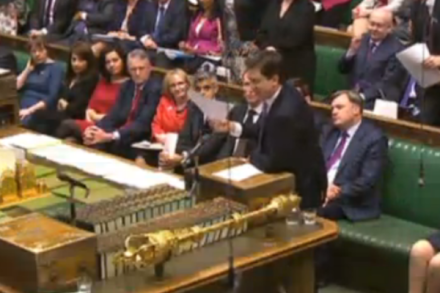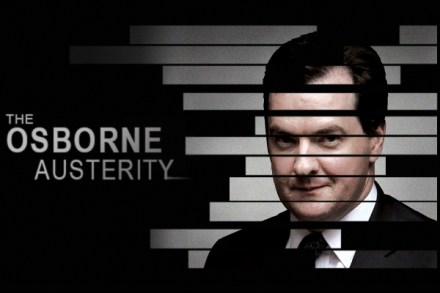The tyranny of the cycle track
If Joni Mitchell were writing her song ‘Big Yellow Taxi’ today, about the ruination of the natural world by the march of modernity, the lyrics might run something like this: ‘They paved paradise, put up a cycling route.’ Not content with demanding cycling lanes through our towns and cities, the cycling lobby — by which I don’t mean old maids bicycling to communion, I mean the Lycra brigade — are starting to turn the countryside into a surface on which they can pedal themselves into an endorphin-rich sweat as well, it seems. The tarmacking of a six-mile track through unspoilt Warwickshire countryside near my parents’ home is the latest evidence















